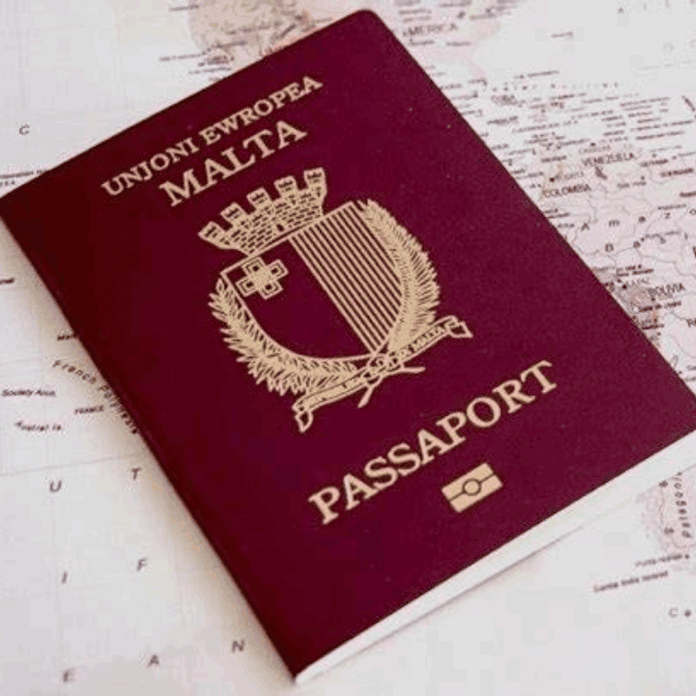In a controversial move, Malta has been selling citizenship to wealthy foreigners through an investment program, often referred to as the “golden passport” scheme. This program has raised serious concerns, especially after it was revealed that several individuals from Russia, later targeted by Western sanctions, obtained Maltese citizenship through this very scheme.
The golden passport allows individuals to gain full Maltese citizenship by making large financial investments in the country. These investments could range from buying property to making donations or investing in businesses.
This scheme has attracted wealthy individuals from all over the world, seeking to benefit from Malta’s position as a European Union (EU) member state. Malta is the only EU country still offering such a program.
However, a recent report brought to light the troubling fact that at least seven Russian nationals, who were later sanctioned due to their involvement in the ongoing conflict in Ukraine, gained Maltese citizenship through this program.
These individuals, initially unlisted on EU sanctions lists, have since been sanctioned by the EU, the United States, and Ukraine due to their ties to the war. The sanctions include travel bans, asset freezes, and other restrictions aimed at limiting their movement and access to global financial markets.
China Trac Fuels Russia’s $245 Billion Trade as It Sidesteps Western Sanctions
Sanctions and Citizenship: A Disturbing Link
The situation is troubling for many reasons. Western sanctions were specifically designed to target individuals connected to the Russian government and its aggressive actions in Ukraine. However, the golden passport scheme appears to have provided a legal loophole, allowing sanctioned individuals to bypass these restrictions and gain EU access through Malta.
The investment route for citizenship has allowed these individuals to freely travel throughout the EU, despite the sanctions imposed on them after the start of the Ukraine war. This raises serious questions about the effectiveness of such programs in preventing individuals with potential ties to controversial regimes or activities from circumventing international sanctions.
The report states that a total of 16 individuals, either buying citizenship despite being politically exposed or later getting sanctioned or convicted, have used Malta’s program to gain citizenship. These individuals are no longer just rich foreigners buying access to the EU; they are now directly connected to the political tension that surrounds the conflict in Ukraine.
In many cases, their wealth has come from industries such as energy, mining, and banking — sectors that have faced intense scrutiny due to their ties to Russia’s state machinery.
In response to these revelations, Malta’s government defended its program by stating that those granted citizenship through the scheme were not on EU sanctions lists at the time of approval. However, this defense has done little to calm the growing backlash.
The European Commission has already begun taking legal steps against Malta, arguing that the golden passport program is not in line with EU law. The case is being heard by the European Court of Justice, with a ruling expected soon.
The Suspension of Russian and Belarusian Applicants
In 2022, Malta halted its golden passport program for applicants from Belarus and Russia because to mounting worries over the conflict in Ukraine. Following the EU’s imposition of broad sanctions on Russia and Belarus for their involvement in the war, this action was taken. Although this action seemed to allay some worries, the harm had already been done.
According to reports, the seven Russian nationals who were later sanctioned had obtained their Maltese citizenship before the suspension of new applicants from these countries. This means that despite efforts to stop further citizenship sales to Russians and Belarusians, a significant number of individuals who were later blacklisted were able to bypass travel restrictions and gain EU citizenship before the suspension took effect.
Malta’s decision to continue selling citizenship has sparked heated debates, with critics arguing that it undermines the integrity of the EU’s sanctions regime. The country is facing mounting pressure from other EU members, particularly as concerns over the war in Ukraine and its global implications continue to grow.


